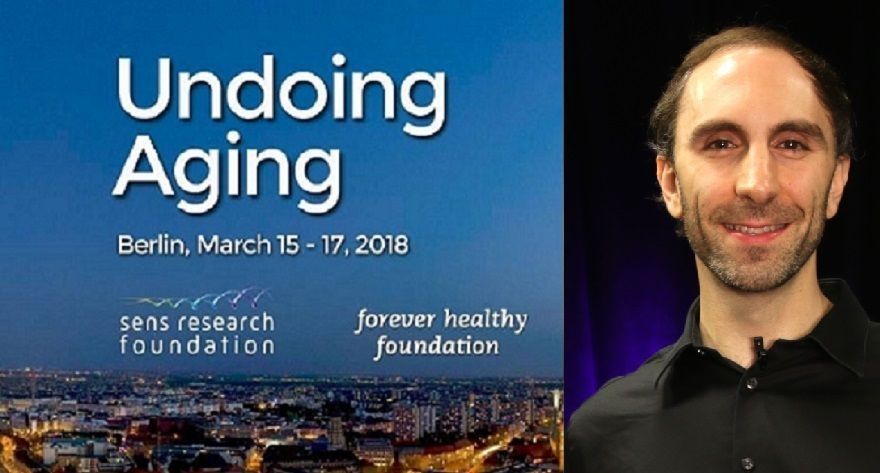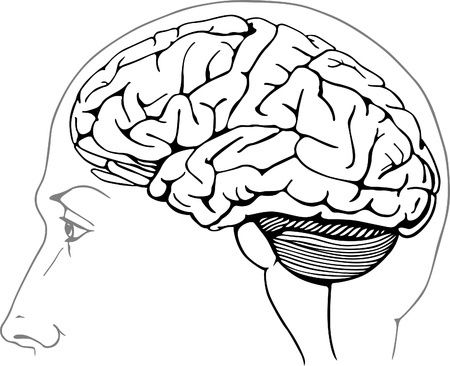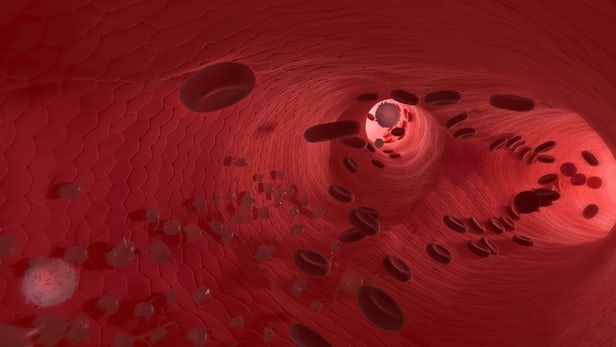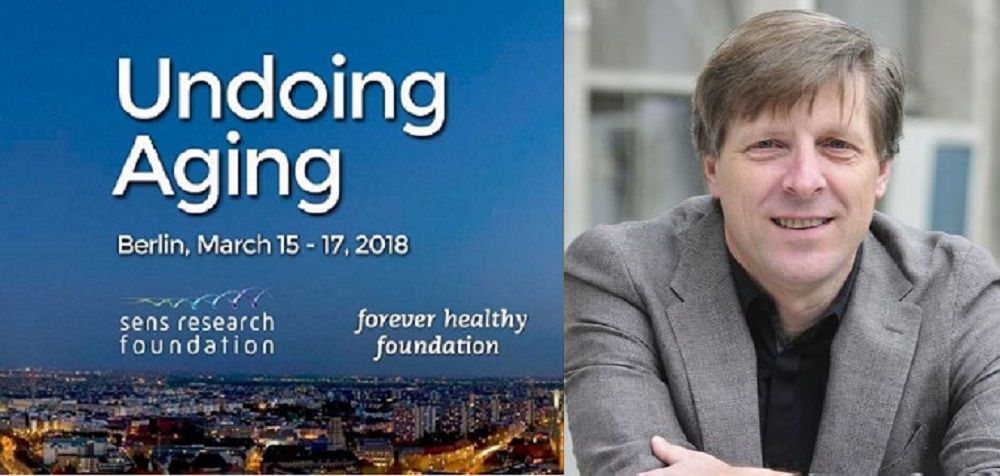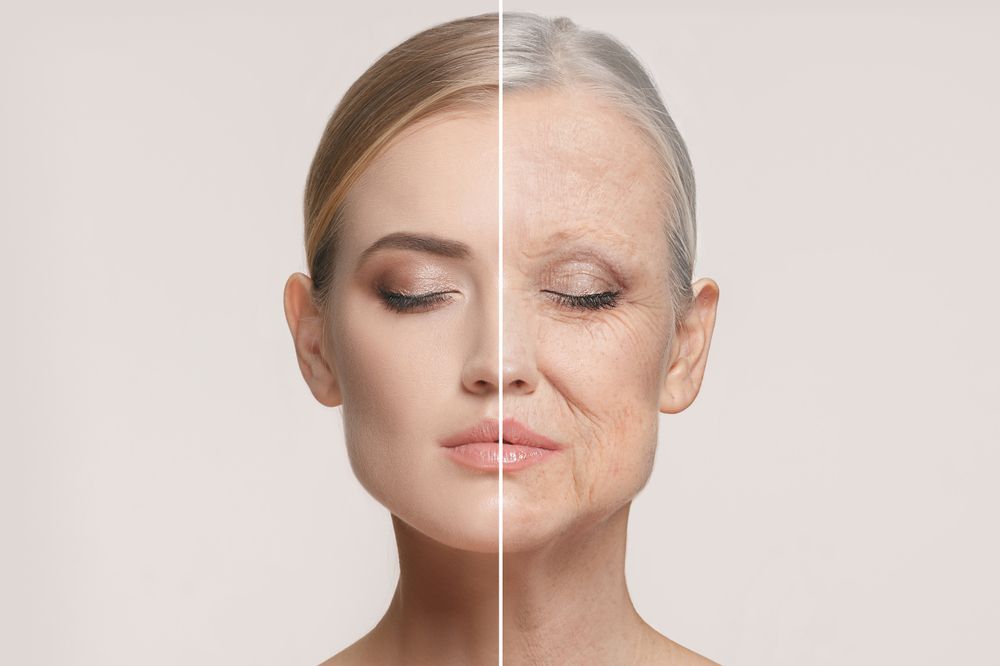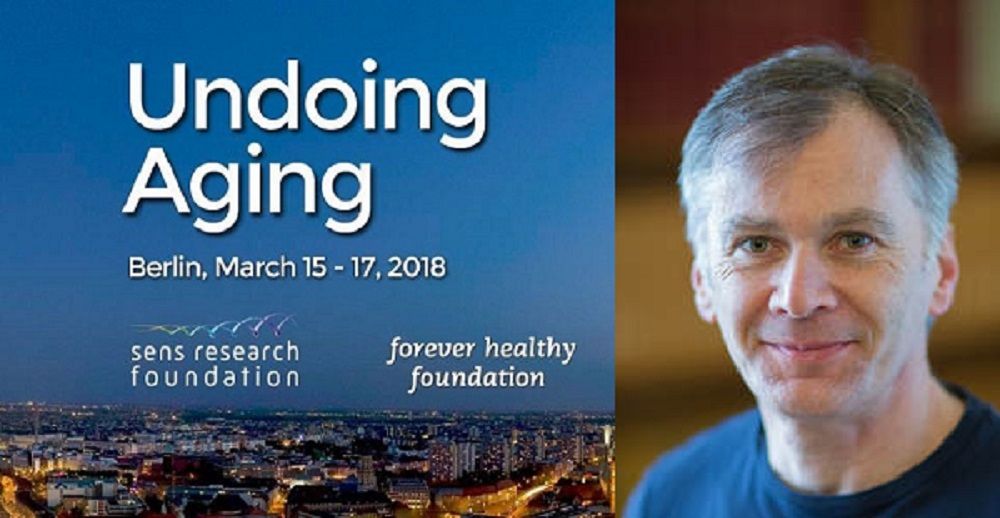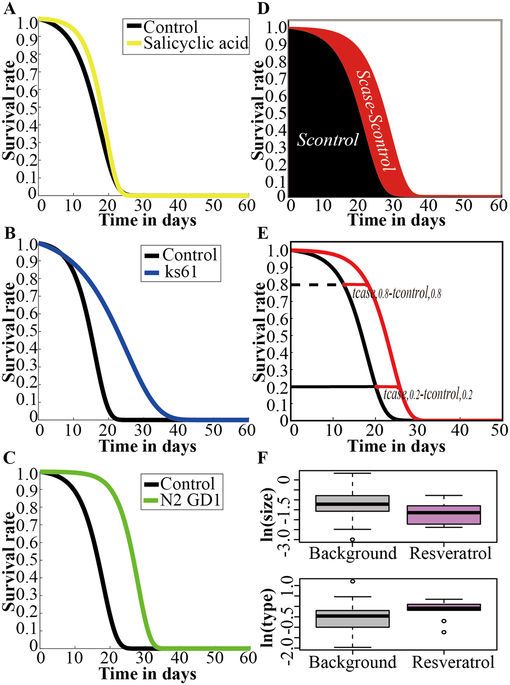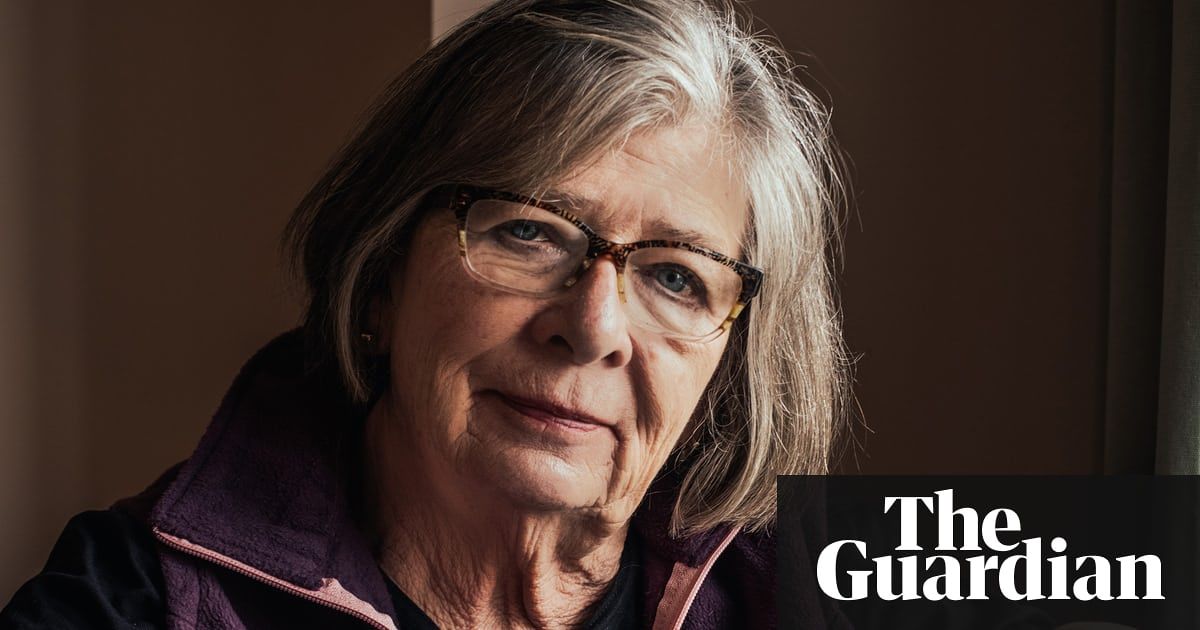An interview from the recent Ending Aging conference in Berlin with Keith Comito which we did in collaboration with Anna Dobryukha from Komsomolskaya Pravda.
The Undoing Aging conference, a collaboration between the SENS Research Foundation and Michael Greve’s Forever Healthy Foundation, took place on March 15–17 in Berlin, which saw many researchers, advocates, investors, and other important members of the longevity community gather together to learn about the latest progress in rejuvenation biotechnology.
As we had arranged a travel grant for Anna Dobryukha, one of the best Russian journalists writing about aging, longevity, and rejuvenation research, to join us, it made sense to collaborate with her on the most interesting interviews. Anna works for Komsomolskaya Pravda, one of the largest Russian publishing houses, which has a newspaper, a radio station, and a website with over 40 million readers. Anna has also published an article based on this and other interviews taken during the conference which you can find here.
During the conference, Anna and Elena interviewed LEAF president Keith Comito about crowdfunding and the challenges we face as full-time advocates in the field. Anna (A), Keith (K), Elena Milova (E), and Steve Hill (S) were all present and can be identified by the corresponding letters in the dialogue below.
